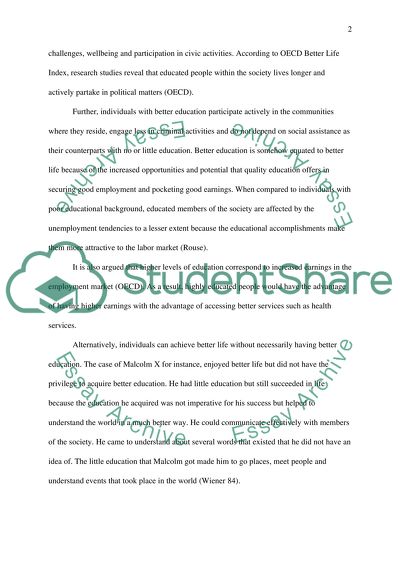Cite this document
(“Education Research Paper Example | Topics and Well Written Essays - 2000 words”, n.d.)
Retrieved from https://studentshare.org/other/1400216-education
Retrieved from https://studentshare.org/other/1400216-education
(Education Research Paper Example | Topics and Well Written Essays - 2000 Words)
https://studentshare.org/other/1400216-education.
https://studentshare.org/other/1400216-education.
“Education Research Paper Example | Topics and Well Written Essays - 2000 Words”, n.d. https://studentshare.org/other/1400216-education.


